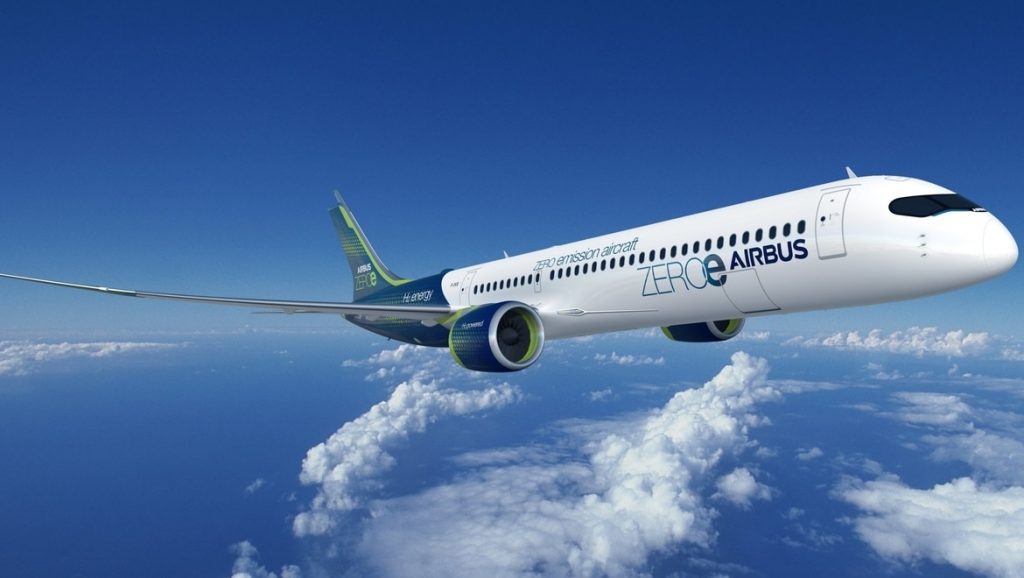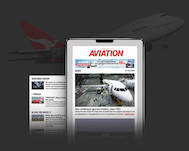
Air New Zealand and aerospace giant Airbus have penned a deal to research hydrogen-fuelled aircraft together, as part of reaching net zero emissions.
The two companies today signed a memorandum of understanding (MoU) to determine New Zealand’s “opportunities and challenges” in flying sustainable aircraft.
This comes as Air New Zealand this month announced its plans to operate a fully electric aircraft fleet by 2030.
Under the MoU, the Auckland-based carrier will spearhead analysing the impact hydrogen-based aircraft would have on its operations.
The European planemaker will assist Air New Zealand in “infrastructure logistics” and any aspects of its operations that may be required to implement hydrogen-based aircraft.
Airbus Asia-Pacific president Anand Stanley said the company picked Air New Zealand for its unique commitment to sustainability.
“This agreement with Air New Zealand will provide us with important insights about how we could put a zero-emission aircraft into service,” he said.
“The joint study will enable us to gain invaluable feedback on what airlines will expect and their preferences in terms of configuration and performance.”
Air New Zealand has made big moves on sustainability in this past year as the airline recoups its customers after the COVID-19 pandemic.
Last year, the airline released its Sustainability Report, and its chief executive Greg Foran said emissions in the future “must be lower” than before the pandemic.
He added the “commercial gap” between common jet fuels and sustainable fuels need to be narrowed to become far more accessible as the high price tag has always steered companies away from the investment.
“At this stage, both hydrogen and battery electric aircraft are still on the table as potential options for our shorter domestic flights, along with sustainable aviation fuel (SAF) for long haul operations,” Foran said.
He added that the research will inform future decisions in working towards net zero emissions by 2050 – a goal Prime Minister Jacinda Ardern has set for the nation.
In January, the New Zealand government – backed by Air New Zealand – announced it was pursuing the production of biofuels to eventually set a mandate of reduced emissions for the industry.
Airbus’ mission is to develop the world’s first zero-emission commercial aircraft by 2035 through hydrogen propulsion.
The company’s ZEROe campaign is looking at three concepts for the aircraft, including turboprop, turbofan and blended wing options.
Many airlines are progressing towards operating more sustainably, whether it is through hydrogen powered aircraft, or using SAF.
Airbus’ vice president of zero-emission aircraft, Glenn Llewellyn, said in January the cost of hydrogen is expected to significantly decline in the next decade as production scales up.
He added not only would it reduce emissions, but potentially eliminate nitrous oxide and contrails – condensation trails left behind jet engines.
















